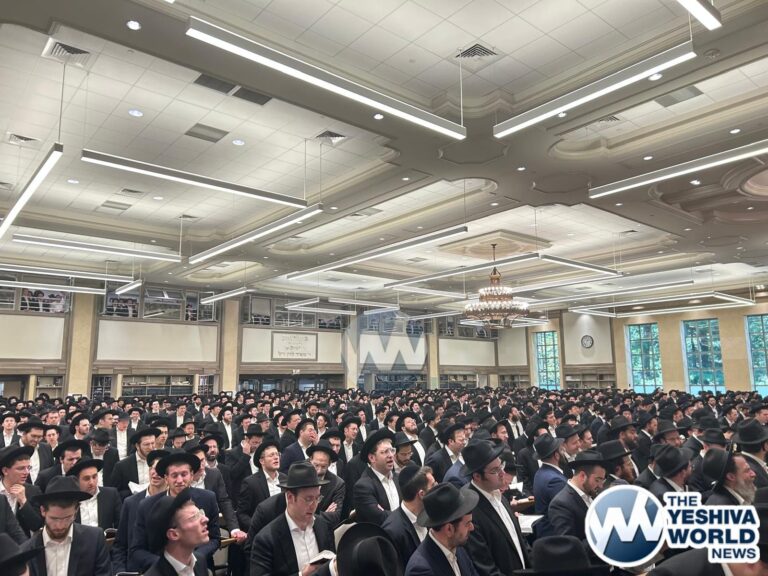QUESTION: I saw on eBay some Neiman Marcus dinner plates (They are very expensive generally) They are marked “never used.” May I believe them, halachically? Is there a difference if the guy has a business doing this or if it is a one-time sale that the guy has?
ANSWER: Excellent question. The halacha is discussed in Yoreh Deah 122:9 – where there appears to be a debate between Rav Karo and the Ramah – but looks can be deceiving. Rav Karo seems to write that because the issue is a Rabbinic prohibition (since keilim that are over 24 hours after last use are assur derabanan) we believe a goy when the dishes appear to be new and he, the goy, is masiach lefi tumo.
The Ramah, however, says that ideally, we do not rely on Masiach lefi Tumo on a Rabbinic law and only permit it under pressing circumstances.
From here, it would appear that Sefardim may purchase the plates while Ashkenazim should avoid it. It is interesting to note that the leniency of Rav Karo, is perhaps not because he holds that masiach lefi tumo (the by-the-way conversation) of a gentile is permitted for Rabbinic prohibitions, but rather because it appears to be new. In Siman 69, Rav Karo explains a SMaK in two ways – leaving the issue somewhat unresolved. The Kaf HaChaim (Siman 69) understands Rav Karo’s position as not permitting relying on Masiach lefi tumo on a derabanan.
There are, however, two more sources we need to look at. In the laws of Kashering vessels used for non-kosher wine (YD 137:6), we read that a gentile is not believed to say that a vessel was koshered masiach lefi tumo. The Shach (137:19) asks how this can be reconciled with the Ramah in hilchos Yom Tov (OC 513:6) who allows a person to buy eggs on Yom Tov from a goy and rely on the goy’s assurance that the eggs were not born that day [rendering them Muktzah]. Why is the Ramah lenient regarding Yom Tov but stringent regarding vessels?
The Shach answers with the concept of IsChazaik Issurah. Regarding the issue of non-kosher vessels – a prohibition has already been pre-established. But regarding the egg – there was no pre-existing prohibition and thus he is believed.
The Shach, however, is strangely silent on the Ramah’s view regarding vessels (In YD 122). The Vilna Gaon is of the position that he holds to be stringent but the halacha is technically that one can be lenient.
CONCLUSION
It would seem that if you are Sefardic, it would be no problem. If Ashkenaz and the seller doesn’t do this regularly – then you should avoid it, but if he does it regularly then it would be okay as well.
The author can be reached at [email protected]












3 Responses
How can you call this a case of Masiach lefi Tumo when it’s clearly to the seller’s benefit to say that they were never used?
An example of Masiach lefi Tumo would be if he was telling a friend about the new set of dishes that he just bought. But if he has a specific need to say it was never used is not Masiach lefi Tumo because it’s not lefi Tumo, it’s on purpose!
I think you’re making a big mistake.
The goy is not mesiach lfi tumo.
People on eBay always list items as opened/ never used in order to hike up the selling price.
This is NOT lfi tumo
A seller describing an object as new is not a case of Mesiach L’fi Tumo. Please correct.